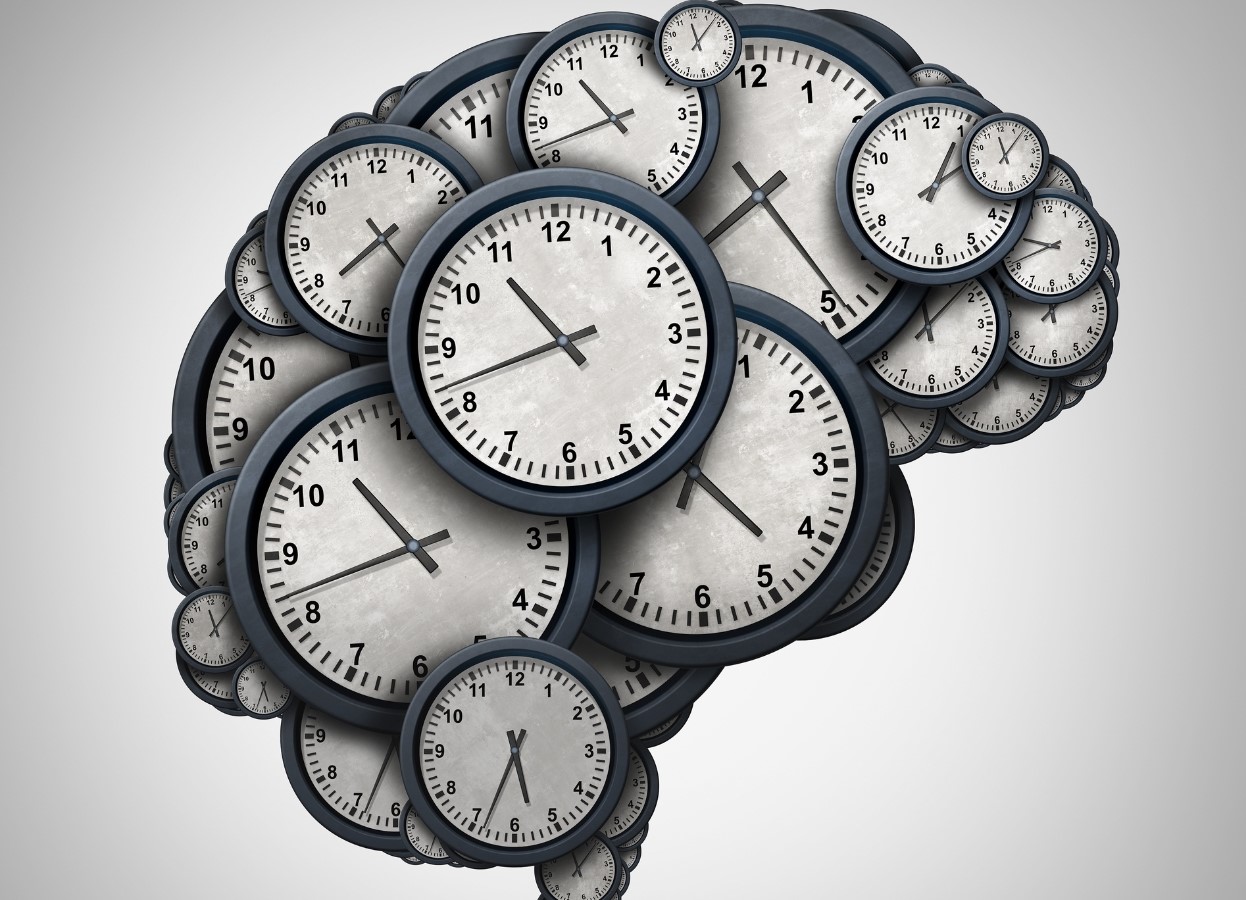Circadian Rhythm Sleep Disorders: Clinical Picture, Diagnosis & Comorbidities
The Sleep Medicine Textbook 2nd Edition is an invaluable resource for the latest information on circadian rhythm sleep disorders. The following chapters offers insights into the chapters on clinical picture, diagnosis and comorbidities.
Clinical picture and diagnosis
Circadian rhythm sleep-wake disorders include seven subtypes. They all share three general criteria: (a) a chronic or recurrent pattern of sleep-wake rhythm disruption primarily due to alterations of the circadian timekeeping system, or misalignment between the endogenous circadian rhythm and exogenous factors that affect the timing of sleep; (b) a circadian rhythm disruption that causes insomnia symptoms and/ or excessive sleepiness; and (c) a circadian rhythm disruption that causes clinically significant distress and/or impairment in mental, physical, social, occupational, educational, or other important areas of functioning. Each circadian rhythm sleep-wake disorder subtype is further defined by an additional set of specific criteria. Other reasons for insomnia symptoms and excessive sleepiness need to be ruled out.
Summary by:
Björn Bjorvatn and Stale Pallesen (2021). F. Circadian Rhythm Sleep Disorders 3. Clinical picture and diagnosis. In Bassetti, C., McNicholas, W., Paunio, T., & Peigneux, P. (Eds.). Sleep Medicine Textbook (2nd ed., pp. 461-466). Regensburg: European Sleep Research Society.
Comorbidities
Recent developments in neuroscience have established that synchronized circadian rhythmicity represents a prerequisite to proper brain functioning. Disruption of this circadian organization, which includes the sleep-wake cycle, is predictive of cognitive decline and depression in some neurodegenerative conditions. Increasing evidence suggests that alteration of the circadian system and sleep-wake cycle impacts the pathogenesis and worsens the progression of several neuropsychiatric disorders. Here, we will specifically discuss mood disorders, schizophrenia, neurodevelopmental (autism spectrum disorders, attention-deficit disorder with or without hyperactivity), and neurodegenerative conditions including Alzheimer’s disease and Parkinson’s disease.
Today, in most neuropsychiatric disorders the alteration of circadian organization is still neglected as an important contributing factor in the genesis and exacerbation of diseases. Understanding the contribution of circadian organization to brain function holds great promise for the identification of biomarkers at the preclinical or early stages of the disease, and thus for treatment efficacy. Therapeutic management of circadian disturbances associated with neuropsychiatric disorders is required to improve the quality of life of patients and may slow down disease progression. There is an urge for the development of more specific treatments of circadian misalignment and sleep disruptions in patients with neuropsychiatric disorders, and one should be aware of treatment indications such as bright light therapy and/or wake therapy in mood disorders, or melatonin administration in autism. A close collaboration between sleep physicians, psychiatrists, and neurologists is recommended for integrated management of all disease components.
Summary by:
Carmen M. Schroder, Ülker Kilic Huck, Elisabeth Ruppert and Patrice Bourgin (2021). F. Circadian Rhythm Sleep Disorders 4. Comorbidities. In Bassetti, C., McNicholas, W., Paunio, T., & Peigneux, P. (Eds.). Sleep Medicine Textbook (2nd ed., pp. 467-481). Regensburg: European Sleep Research Society.
Previous related chapters on circadian rhythm sleep disorders include: nosological classification, definitions, and epidemiology, and shift work, delayed sleep-wake phase disorder and non-24-hour sleep-wake disorder.
ESRS Reminders
2023 ESRS Grants & Fellowships
2023 Sleep Medicine Examination
Sleep & Breathing 2023 – Registration Open
Register today.
Recent publications from ESRS members
- Lu et al. (2022). Daytime sleepiness is associated with increased coronary plaque burden among patients with obstructive sleep apnea. Sleep Breath.
- Ferri et al. (2022). The polysomnographic diagnosis of REM sleep behavior disorder: to change or not to change, that is the question. Sleep.
- Bottaz-Bosson et al. (2022). Remote monitoring of positive airway pressure data: Challenges, Pitfalls and Strategies to consider for optimal data science applications. Chest.
- Zijlmans et al. (2022). Sleep, 24-Hour Activity Rhythms, and Cognitive Reserve: A Population-Based Study. J Alzheimers Dis.
- Röthenbacher et al. (2022). RBDtector: an open-source software to detect REM sleep without atonia according to visual scoring criteria. Sci Rep.
- Martinot et al. (2022). Respiratory effort during sleep and prevalent hypertension in obstructive sleep apnoea. Eur Respir J.
- Cesari et al. (2022). Differentiation of central disorders of hypersomnolence with manual and artificial-intelligence-derived polysomnographic measures. Sleep.
- Ebrahimian et al. (2022). Inter-sleep stage variations in corrected QT interval differ between obstructive sleep apnea patients with and without stroke history. PLoS One.
- Ollila et al. (2022). Face masks to prevent transmission of respiratory infections: Systematic review and meta-analysis of randomized controlled trials on face mask use. PLoS One.
- Pérez-Carbonell et al. (2022). Understanding and approaching excessive daytime sleepiness. Lancet.




